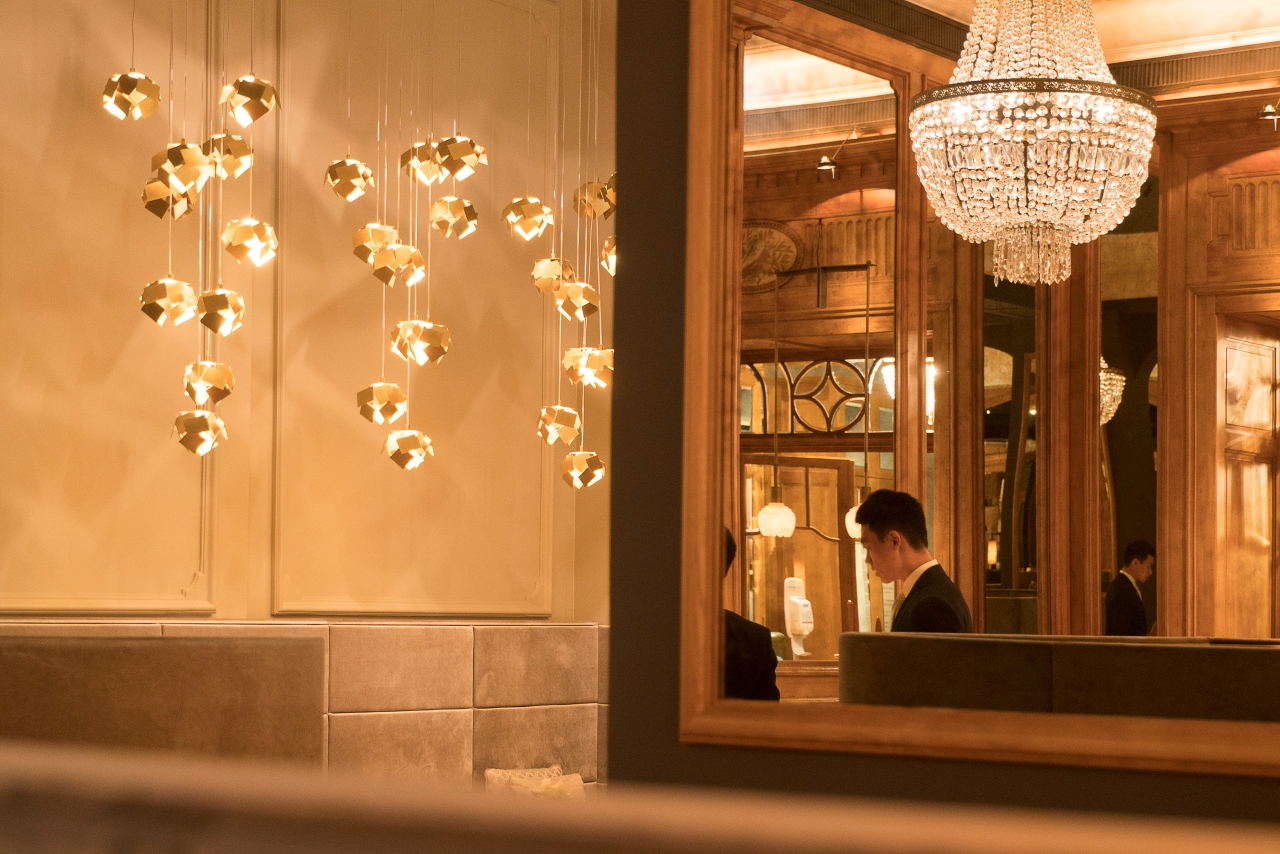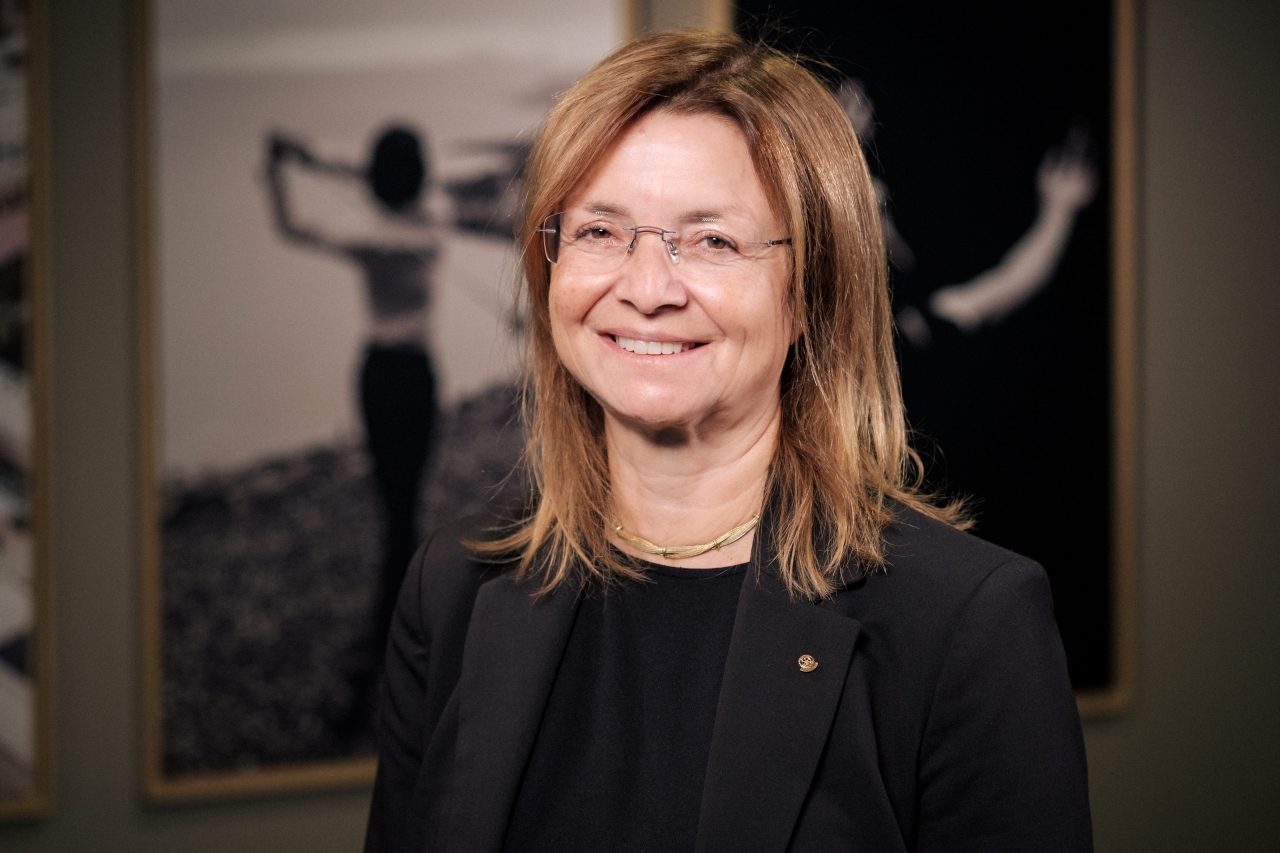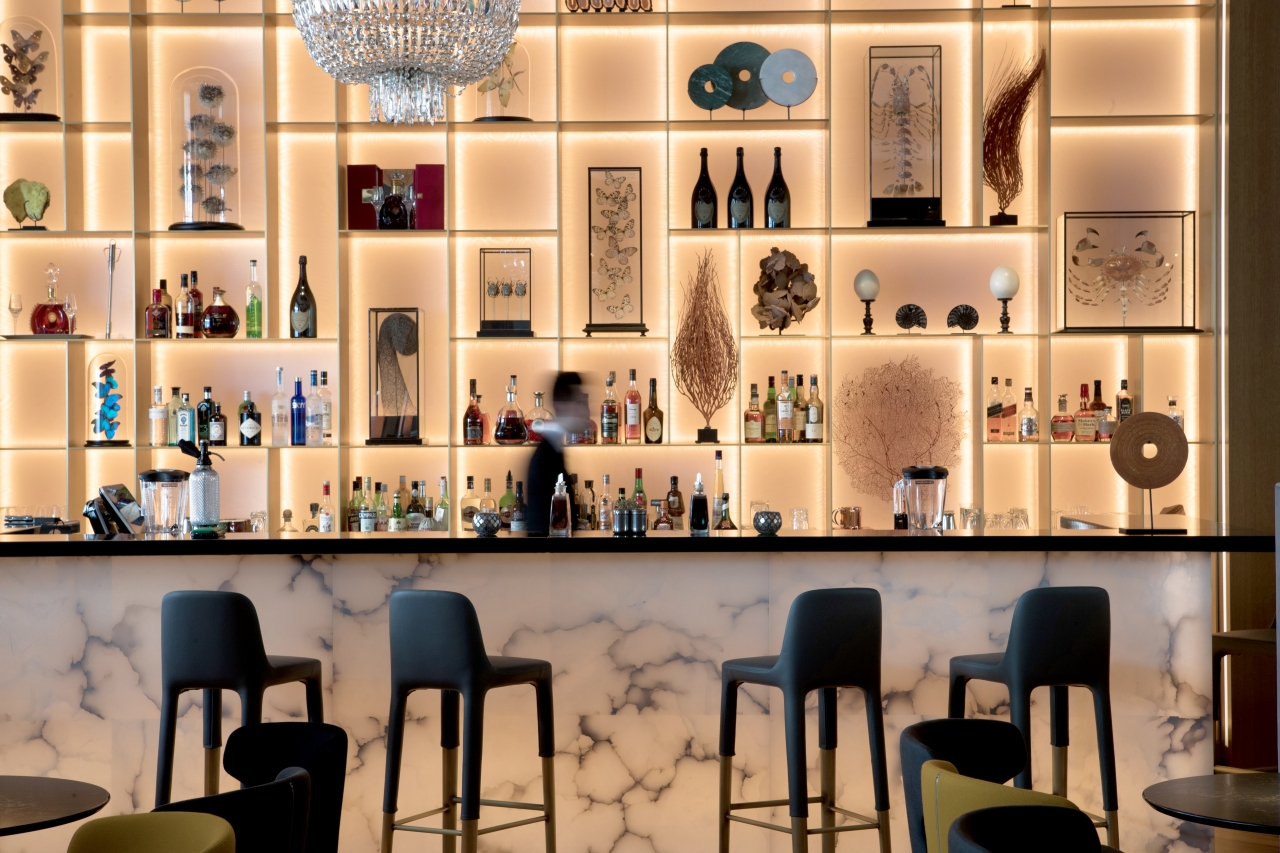The luxury industry is synonymous with aspiration, exclusivity, and an unparalleled focus on quality. In recent years, a growing number of iconic luxury brands have made an ambitious leap beyond their traditional domains to enter the hospitality sector.
From Bulgari Hotels to Armani Hotels or the Palazzo Versace, luxury brands are redefining the boundaries of their influence, transforming their heritage into immersive guest experiences.
But what drives these brands to take the risk of entering an unfamiliar industry, and what benefits and challenges do they encounter in this bold strategy?

Why take the risk?
At first glance, venturing into hospitality may seem like a gamble for luxury brands, which have traditionally focused on products such as haute couture, jewellery, and watches. However, the move is supported by a desire to strengthen emotional connections with consumers and offer an extension of their brand universe.
- Expanding brand equity: By entering the hospitality space, luxury brands can amplify their identity in ways that go beyond products. A stay at a Bulgari Hotel or a visit to the Dior Spa at Cheval Blanc allows customers to immerse themselves in the essence of the brand – from the design of the spaces to the curated services. This experiential engagement strengthens brand loyalty and attracts a new audience seeking unique experiences.
- Appealing to a changing consumer landscape: Today’s affluent consumers prioritise experiences over possessions. According to a study by Bain & Company, the experiential luxury market grew at double the pace of the personal luxury goods market in the past decade. By stepping into hospitality, luxury brands cater to this shift, offering unforgettable moments that align with their value of exclusivity.
- Global growth opportunities: The hospitality industry offers access to high-growth markets such as the Middle East and Asia, where demand for luxury experiences is booming. Dubai, for example, has become a hotspot for branded residences and luxury hotels, as noted in a recent CNN report on the rise of hotel collaborations in the city.
Benefits for luxury brands
- Revenue diversification
Hospitality represents a lucrative diversification opportunity. While luxury goods markets may face saturation in some regions, high-end hospitality continues to thrive, particularly in emerging markets. For example, Bulgari’s expanding portfolio of luxury hotels across Europe, Asia, and the Middle East showcases how brands can create new revenue streams while capitalising on their global appeal.
- Enhanced brand prestige
Operating a luxury hotel or restaurant reinforces a brand’s status and heritage. A practical example is the Armani Hotel in Dubai, which seamlessly integrates Giorgio Armani’s minimalist aesthetic into every detail, from architecture to guest services. Such ventures solidify the brand’s position as a lifestyle authority, elevating its cultural capital.
- Customer data and insights
Luxury hotels and restaurants provide brands with a wealth of customer data. Understanding guests’ preferences and behaviours in these intimate settings offers insights that can inform product development, marketing strategies, and service innovations across the brand’s portfolio.
- Challenges in hospitality ventures
Despite the benefits, entering the hospitality industry is not without challenges. Luxury brands must navigate unfamiliar territory, often facing operational complexities and reputational risks.
- Operational expertise
Running a successful hotel or restaurant requires a different skill set than producing luxury goods. Brands often partner with seasoned hospitality companies to overcome this gap. For instance, Bulgari Hotels is a collaboration between the Italian luxury brand and Marriott International. While these partnerships bring operational expertise, they can dilute the brand’s control over the customer experience.
- Maintaining brand authenticity
Luxury brands must ensure their hospitality ventures align with their core values. Any misstep – such as inconsistent service quality or a design that strays from the brand’s identity – can erode trust and prestige. The Louis Vuitton Dream Café in Paris, for instance, meticulously integrates the maison’s aesthetic into its ambiance, ensuring consistency with its image.
- High financial risk
Launching and operating luxury hospitality ventures require significant investment. From securing prime locations to crafting bespoke interiors, the costs can be substantial. Moreover, these projects often take years to turn a profit, requiring patience and a robust financial strategy.
Practical cases
Several luxury brands exemplify how to navigate these opportunities and challenges successfully:
- Bulgari Hotels: With properties in Milan, Tokyo, and Dubai, Bulgari’s hotels embody the brand’s Italian craftsmanship and elegance. Its collaboration with Marriott ensures operational excellence while maintaining a distinctive identity.
- Palazzo Versace: Located in Dubai, this opulent hotel combines Versace’s iconic aesthetic with world-class amenities, showcasing how fashion and hospitality can create a seamless experience.
- Dior Gastronomy and Wellness: From the Restaurant Monsieur Dior to the Dior Spa at Cheval Blanc, the brand leverages its expertise in refinement and artistry to craft unique culinary and wellness experiences.
In conclusion, the decision to enter the hospitality sector represents a strategic evolution for luxury brands. By extending their heritage into experiential domains, these brands deepen consumer engagement, diversify revenue streams, and reinforce their cultural relevance. However, success requires navigating operational complexities, maintaining authenticity, and managing financial risks. As luxury brands continue to blur the lines between products and experiences, their ventures into hospitality will not only redefine the industry but also set new benchmarks for innovation and excellence.

Dr Eleonora Cattaneo is Program Director of the Master’s in Luxury Management and Guest Experience at Glion Institute of Higher Education.
Glion Institute of Higher Education: Excellence in Hospitality at the Service of Luxury
Renowned for its excellence in hospitality and luxury education, Glion Institute of Higher Education is shaping the future of luxury customer experience through innovative programs that perfectly align with the evolving demands of the industry.
Founded in 1962, Glion first established itself as a pioneer in hospitality excellence before naturally extending its expertise to the world of luxury, training graduates who are ready to excel in a sector where excellence and the art of experience are essential.
Cutting-edge programs for an exceptional industry
Staying true to its heritage, Glion offers an academic program entirely dedicated to the world of luxury, meeting the highest standards of the sector:
- Bachelor’s in Luxury Business: A program combining business expertise, luxury marketing, and customer experience management.
- Master of Science in Luxury Management and Guest Experience: Designed for future leaders, merging luxury and hospitality.
- Executive Master’s in Luxury Management and Guest Experience: An advanced program for professionals looking to refine their strategic vision.
- Luxury Business Summer Program: An exclusive immersion into the codes and management of luxury.

A pioneering commitment to luxury education
With a visionary approach, Glion anticipated the changing dynamics of luxury by integrating this demanding world into its academic programs dedicated to hospitality since 2013, by introducing a Bachelor’s speciality dedicated to luxury management within its emblematic hotel curriculum. Building on its hospitality heritage, the Institute, which has three campuses across Switzerland and London, is passing on to new generations the fundamental values of luxury: attention to detail, exceptional service and the creation of memorable experiences.
This approach addresses the growing demand from prestigious brands seeking talent capable of enriching and elevating the customer experience to its highest level. Glion graduates distinguish themselves in major watchmaking houses, private aviation companies, and international luxury groups, demonstrating their expertise in exclusive environments.
Reflecting this enthusiasm, enrollments in the Bachelor’s in Luxury Business have tripled in just one year, confirming the alignment of Glion’s academic offerings with market expectations. Additionally, 50% of graduates pursue careers in diverse sectors such as consumer goods, marketing, finance, events, and high-end real estate after five years of graduation, showcasing the expanding opportunities in the luxury industry.
“Today, for luxury brands, it’s about orchestrating unique experiences that resonate with the expectations of the most discerning clients,” explained Dr Eleonora Cattaneo, Director of the Master’s in Luxury Management and Guest Experience. “At Glion, we prepare our students to drive this transformation by combining the art of hospitality with mastery of luxury’s distinctive codes.”
She added: “The luxury industry is undergoing a profound transformation, where authenticity and emotion are becoming key differentiators. Our students do not simply learn management; they acquire the art of embodying and elevating excellence.”
Hospitality and luxury: A new realm of expression
The rise of experiential luxury is reflected in bold initiatives such as Bulgari, Armani Hotels, and the Dior Spa at Cheval Blanc, which redefine the boundaries between fashion, wellness, and exceptional hospitality.
Glion is fully committed to this evolution, training a new generation of leaders capable of designing immersive and exclusive experiences for the world’s most prestigious brands. Through this forward-thinking vision, the Institute cements its position as a leading academic reference for the talents of tomorrow, at the intersection of luxury and hospitality.
Glion is ranked among the world’s top 10 higher education institutions for hospitality and leisure management (QS World University Rankings by Subject, 2024). Part of Sommet Education, worldwide leader in hospitality education, Glion is accredited by the New England Commission of Higher Education (NECHE).

